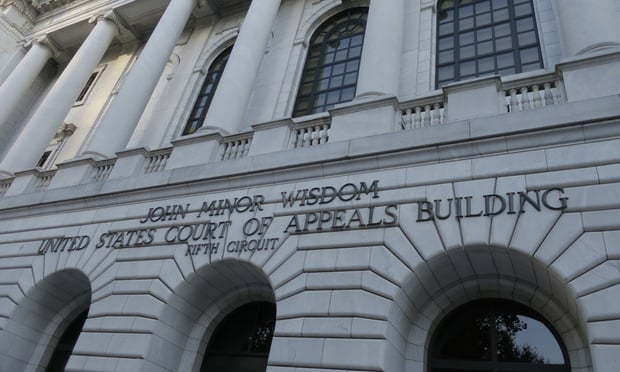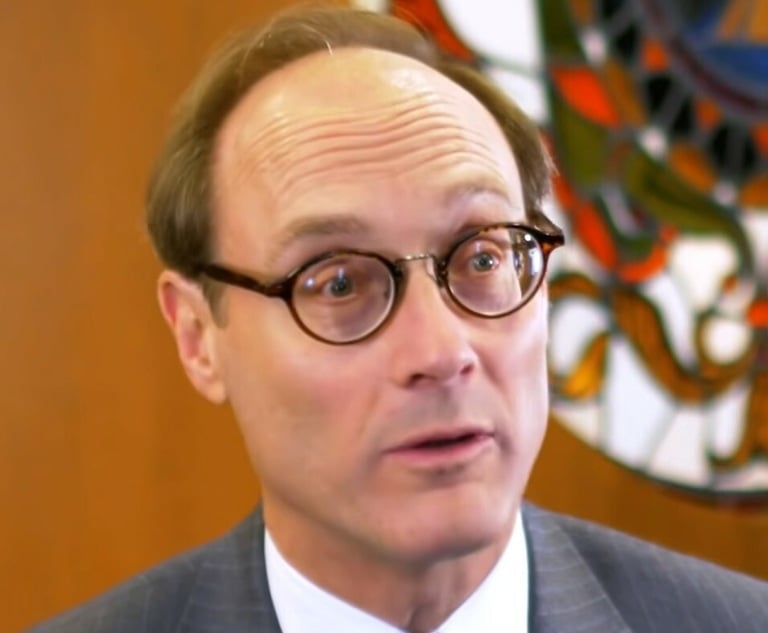This article appeared in The Bankruptcy Strategist, featuring the strategies and techniques devised by the country’s top bankruptcy lawyers and reports on innovative procedural techniques, legislative developments and recent judicial rulings — plus what they mean for you and your clients.
A secured lender’s “mere retention of property [after a pre-bankruptcy–repossession] does not violate” the automatic stay provision [§362(a)(3)] of the Bankruptcy Code (Code), held a unanimous U.S. Supreme Court on Jan. 14, 2021. City of Chicago v. Fulton, 141 S. Ct. 585, 589 (Jan. 14, 2021). Reversing the Seventh Circuit’s affirmance of a bankruptcy court judgment holding a secured lender in contempt for violating the automatic stay, the Court resolved “a split” in the Circuits. Id. The Second, Eighth and Ninth Circuits had agreed with the Seventh Circuit. See, e.g., In re Weber, 719 F.3d 72, 79 (2d Cir. 2013) (by retaining possession of collateral, lender “was ‘exercising control’ over” debtor’s property). But the Third, D.C., and Tenth Circuits, had reached the right result in other cases. In re Denby-Peterson, 941 F.3d 115 (3d Cir. 2019) (secured creditor has no “affirmative obligation under the automatic stay to return a debtor’s [repossessed] collateral” to estate “immediately upon notice” of debtor’s bankruptcy filing); In re Cowen, 849 F.3d 943, 950 (10th Cir. 2017) (only “affirmative acts” to take “possession of, or to exercise control over” debtor’s property “violate” automatic stay); United States v. Inslaw, Inc., 932 F.2d 1467, 1474 C.D.C. Cir. 1991) (“Nowhere in [Code §362(a)] is there a hint that it creates an affirmative duty ….”). As shown below, the Supreme Court effectively held that the Code’s automatic stay provides no automatic turnover of a lender’s collateral. The Code’s turnover provision (§542) is also not automatic.








